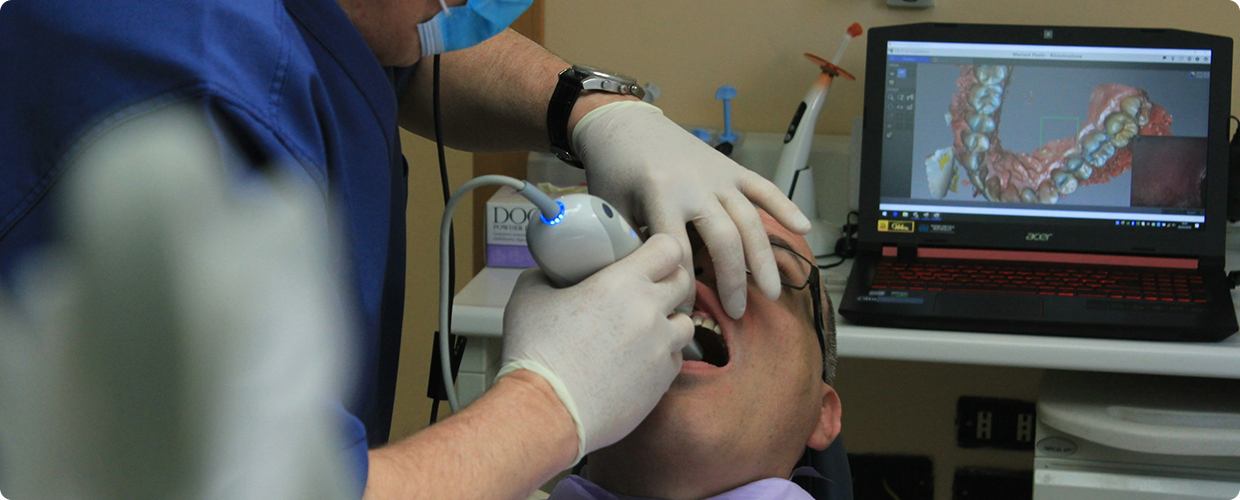Blog / Blog view How Dental Practice Management Software Can...
Read More
One of the most significant differences between medical SEO and SEO in other industries is the stringent regulatory environment that healthcare marketers must navigate. For instance, in the United States, healthcare providers must comply with the Health Insurance Portability and Accountability Act (HIPAA), which governs patient data privacy. Additionally, the FDA and FTC regulate healthcare advertising to ensure that it is truthful and not misleading.
While businesses in industries like retail or entertainment are focused primarily on driving traffic, medical SEO must adhere to guidelines about how medical information is presented. Medical SEO practitioners cannot use exaggerated claims or suggestive language when optimizing content. For example, a medical practice cannot claim that a procedure will “cure” a condition unless it is backed by clinical evidence. In contrast, an eCommerce site might use persuasive language such as “best in the market” or “guaranteed results” with little regulatory oversight.
External web resources on HIPAA compliance for digital marketing are crucial to review to ensure your website remains compliant with industry guidelines.
In traditional SEO and marketing, companies often use emotionally driven or persuasive language to convince consumers to make a purchase. For instance, fashion retailers may create content that makes consumers feel empowered, trendy, or confident. Medical marketing, on the other hand, must prioritize factual, evidence-based content over emotional appeals.

Local SEO is a cornerstone of medical marketing. Patients typically search for healthcare providers near their location, making geo-targeted keywords essential for success in this industry. By optimizing for local searches, medical practices can appear in local map packs, improving their visibility to patients searching for services in their area.
In medical SEO, strategies such as claiming and optimizing Google My Business listings, encouraging patient reviews, and ensuring NAP (Name, Address, Phone Number) consistency across directories are critical. Additionally, creating geo-specific content like blog posts about “top healthcare trends in [city]” can further boost local SEO efforts.
In other industries, local SEO may not be as essential unless the business operates a brick-and-mortar location. For instance, an eCommerce business may focus less on local SEO since it serves customers nationwide or globally.
One of the most significant differences between medical SEO and SEO in other industries is the stringent regulatory environment that healthcare marketers must navigate. For instance, in the United States, healthcare providers must comply with the Health Insurance Portability and Accountability Act (HIPAA), which governs patient data privacy. Additionally, the FDA and FTC regulate healthcare advertising to ensure that it is truthful and not misleading.
How Dental Practice Management Software Can Transform Your Practice
Blog / Blog view How Dental Practice Management Software Can...
Read MoreHow Dental Practice Management Software Can Transform Your Practice
Blog / Blog view How Dental Practice Management Software Can...
Read MoreHow Dental Practice Management Software Can Transform Your Practice
Blog / Blog view How Dental Practice Management Software Can...
Read MoreDiscover how Growth Inbound can help your medical practice attract more patients, increase online visibility, and boost conversions. Our expert team specializes in healthcare marketing, combining SEO, social media, and targeted advertising to drive real results.

We are a data-driven healthcare marketing agency that works exclusively with private medical practices and healthcare organizations to increase revenue and generate patient appointments.
Be the first one to know about discounts, offers and events.
Unsubscribe whenever you like.